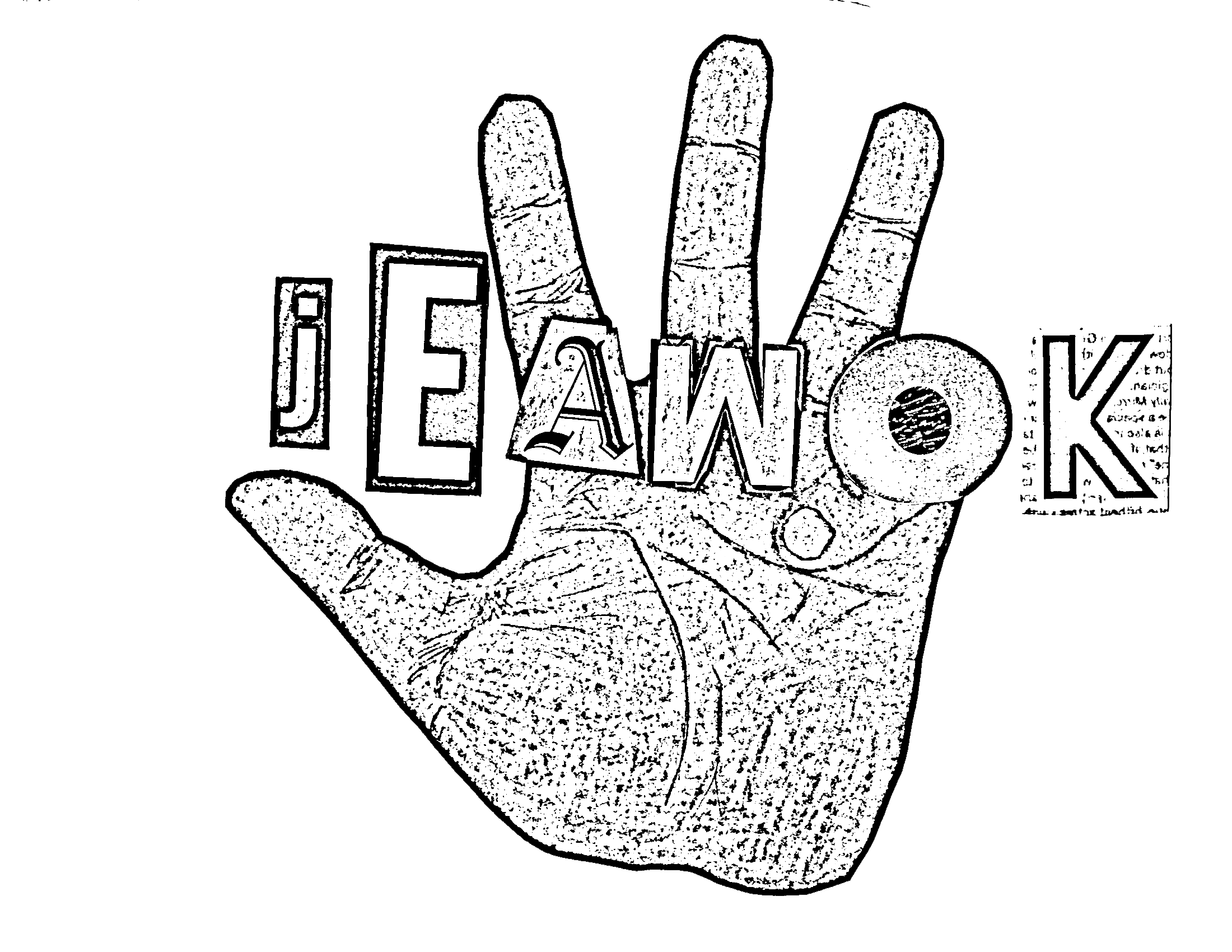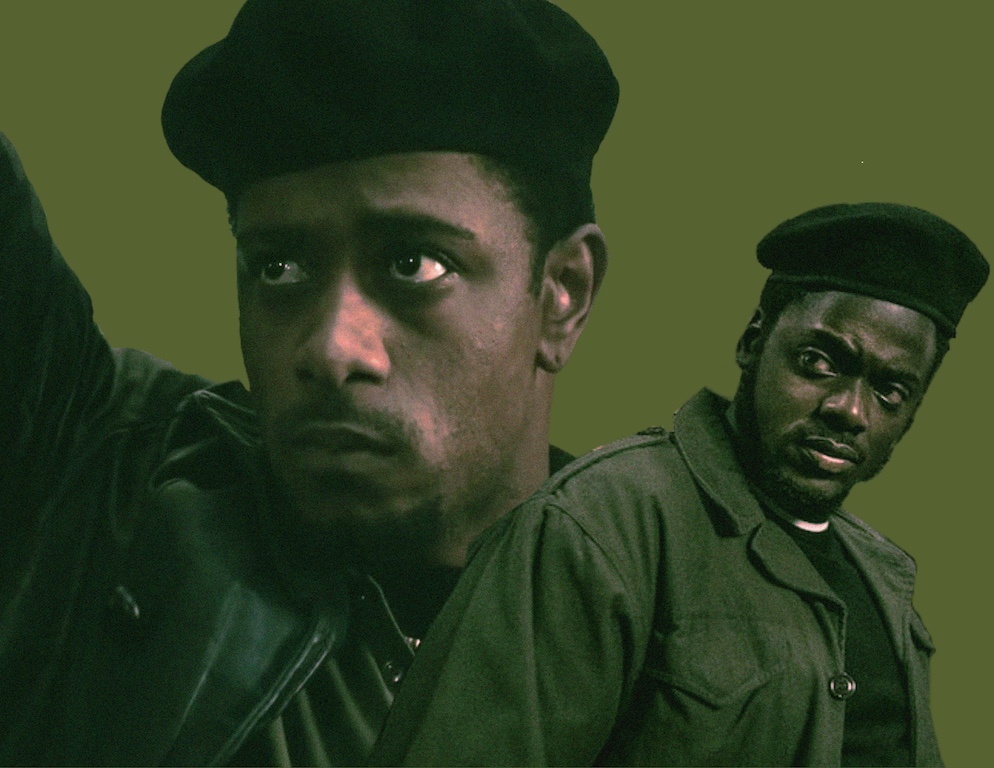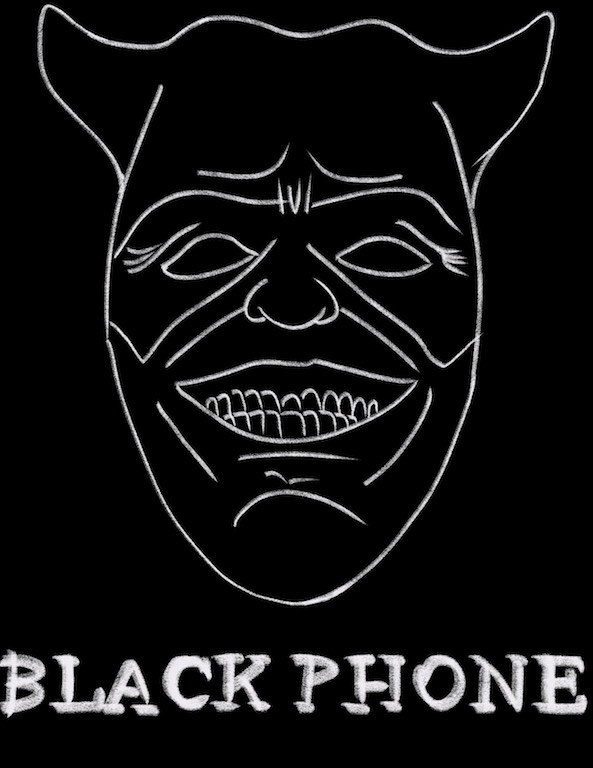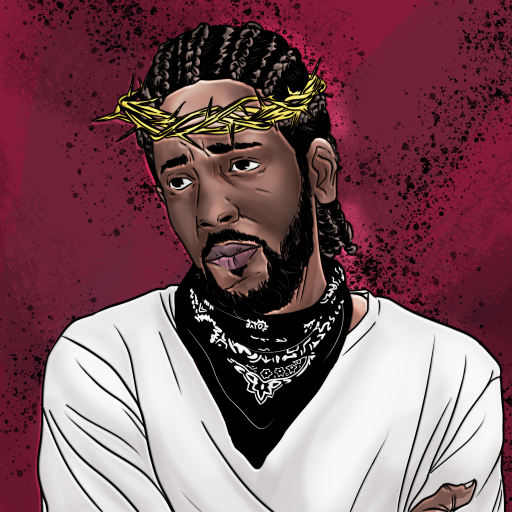Judas and the Black Messiah opens a new window for us to peer inside the story of Illinois Black Panther leader Fred Hampton and his friend/FBI informant William O’Neal. It’s a captivating ride, rooted in reality and unstitched from the overdone nature of many Hollywood historical dramas. This balanced yet sometimes incohesive picture provides entry to thought and reflection without a smothering hand.
The film tells the story of two men who face a daily internal struggle — a world against them. Taking place in the late 60s, the oppression and racial tension draw many parallels to our current political climate. While the Black Panthers have often been portrayed as a purely reactionary and violent group, Director Shaka King does a fantastic job of turning the unfair narrative of Black Panther culture on its head without becoming their cheerleader either. Instead, King lets the story speak for itself without much commenting. He pulls back the curtain to give us an intimate look inside the lives of characters who are portrayed as real people, complex people. It’s this balance and nuanced understanding that gives the story power and allows the viewer to connect, regardless of one’s political views or predispositions.
Hampton is often remembered for his impassioned speeches and bold leadership, which star Daniel Kaluuya delivers brilliantly. But King also lets us in on Hampton’s softer, shyer side behind the political scenes, which draw us closer to his humanity. Hampton’s romantic relationship with Dominique Fishback (Debroah Johnson) is the wedge at the center of his inner turmoil. While he fights for the rights of the people joining hands with white southern Young Patriots and Puerto Rican Young Lords, we can see the parallels of oppression and capitalism we still face today: marginalized people coming together, angry about how the system has treated them. With bold sentiments of socialism, Hampton’s fight is not without pain, and it’s not without violence. The weight of leadership causes those closest to him to fear for his life, to feel the effects of hate — feelings from which Hampton is not innocent. This creates a captivating inner struggle. Kaluuya’s performance once again asserts himself at the top of his craft, as he seamlessly wraps power and vulnerability together. Hampton’s sentiments on violence and disgust for the police aren’t held back or sweetened for the audience, but we can see his motivation and the causes for revolution.
Further driving the narrative is the other main plot point, which centers around Bill O’ Neal, played by the outstanding Lakeith Stanfield, who reunites with his “Get Out” co-star. O’ Neal gets caught impersonating a detective and stealing a car, which leads him to meet FBI agent Roy Mitchell, played by Jesse Plemons, who most of us know as Todd from “Breaking Bad.” Plemons is perfectly cast in this role, as he has an uncanny way of making you feel comfortable and yet aware that something is eerily wrong all the while. His character befriends O’Neil in the worst of ways, and extorts him to go undercover in the Black Panthers, decreeing them as bad as the KKK. He’s all for civil rights, but doesn’t want anyone to get there by “cheating.” The police give O’Neal a slick ride to help him convince Hampton to hire him as his driver. On top of that, they give him cash, totaling over $200K during his lifetime. The destruction of Fred Hampton is tragically revealed through these vignettes.
While it may seem easy to make a judgment call on O’Neal’s character as a rat, Stanfield’s sensational performance makes you feel O’Neal’s inner struggle. One of the hardest hitting moments is when O’Neal is finished making a passionate plea for the Black Panthers to fight, to be more aggressive, and to not give in. As he finishes, we see him alone in his car maniacally unraveling, as we might find the joker, trying to push forward, trying to find the genuine human that exists within his two truths. This is where the film shines. In the real Bill O’Neal’s words, “I was part of a struggle.”
Real interview shots are spliced into the film and seamlessly transition into the cinematic story. O’Neal’s battle with himself is one of Shakespearean proportions, nicely tamed by the film makers. He reveals through his actions and his words how much he cared about the Black Panthers, but there is still uncertainty and mystery about O’Neal. When he was working, it wasn’t just an act, as Roy Mitchell begins to suspect. The pressure of extortion, of surviving, drains O’Neal’s sanity. He seems to find no rest.
Interestingly enough, while connected at the root, Hampton and O’Neal never get too close, despite their frequent interaction. In credit to the emphasis of realism, O’ Neal is a man deeply involved, yet isolated, never becoming close to anyone, and understandably so. Unfortunately, this does not build the relationship of Hampton and O’Neal in a way that keeps you on the edge of your seat. While the attention to realism is appreciated, the two main story lines do not always feel connected in a way that heightens each other. The betrayal builds from outside. It’s cold. Observed. If I have any criticism it is that there are seemingly two main story lines competing with each other, that somehow don’t build off one another.
Regardless, the tone keeps this political film centered and grounded. While it is not a perfectly cohesive narrative that fuels itself, it does allow for space and the story to simply be. The story is fascinating and haunting on its own. They trust it, and the audience is trusted — a failure of far too many historical dramas. The score does not over-dramatize, and compliments the picture perfectly with soulful jazz and tones of noir.
“Judas and the Black Messiah” is historical in nature, with some stylistic liberties sprinkled in, such as the rival group “The Crowns.” The camera work by Sean Bobbitt (“12 Years a Slave,” “The Place Beyond the Pines”) beautifully captures the pain, the tension, glamour, and style of the Black Panthers, all while maintaining a grittiness that isn’t over-saturated. The story speaks for itself in a multitude of agonizing complexity, and isn’t trivialized. Camera movement is deliberate and powerful, but can also be a ghost, allowing such truths to simply exist.
In conclusion, I recommend anyone remotely interested in politics, history, and the state of our country to watch Judas and the Black Messiah. While the themes are broad, the scenes are personal. Even if they don’t go as far as you want, there’s enough left unsaid for one to draw your own parallels. When it is said, there is much poetry from Frank Hampton to soak in.
4/5 Stars




